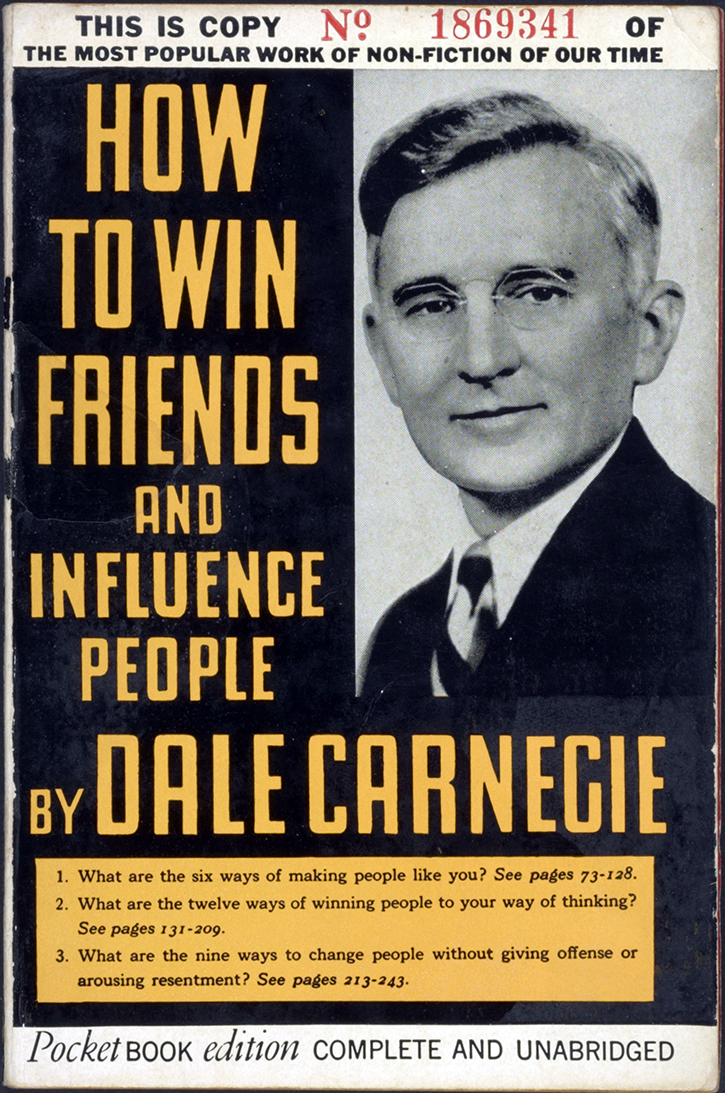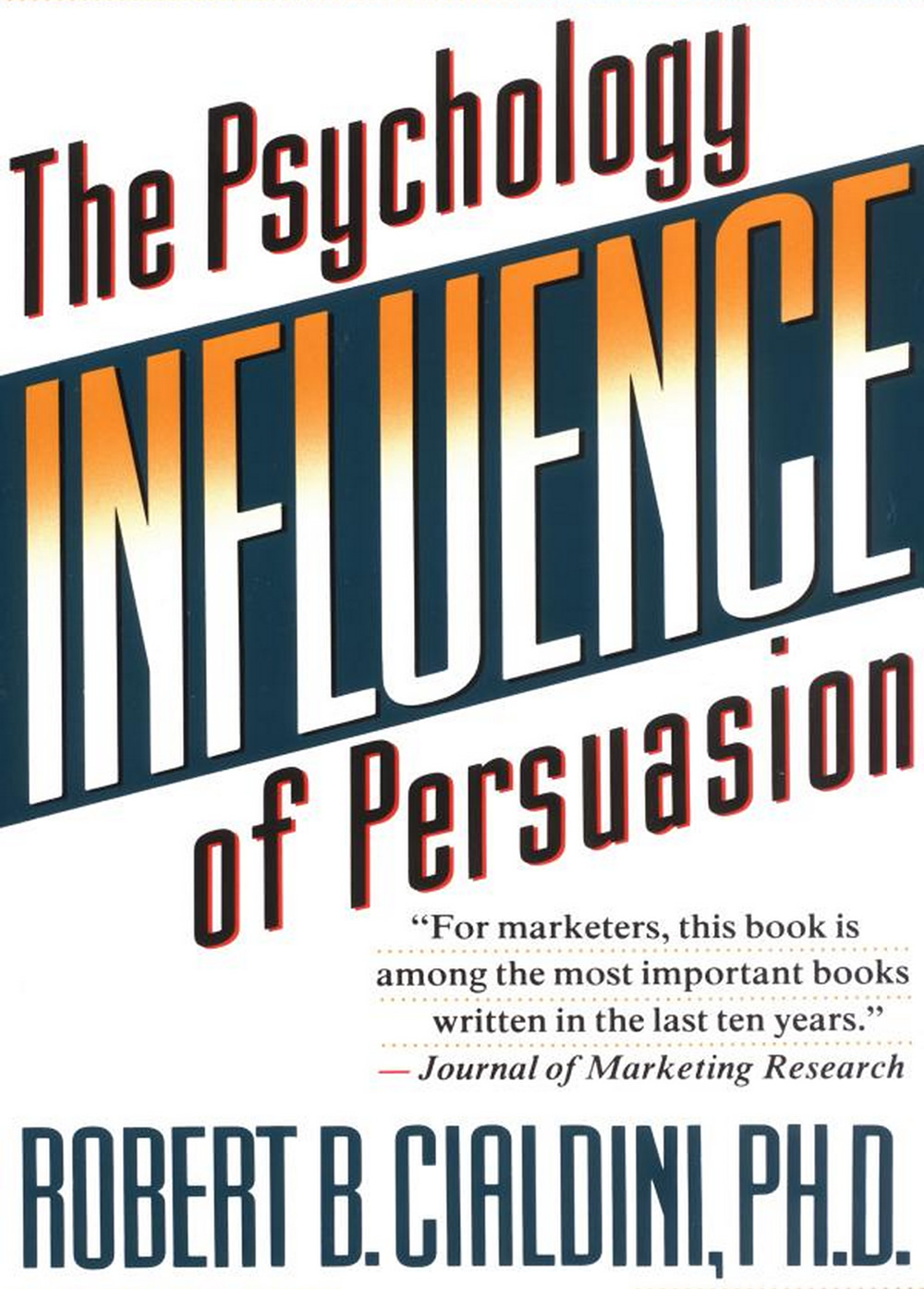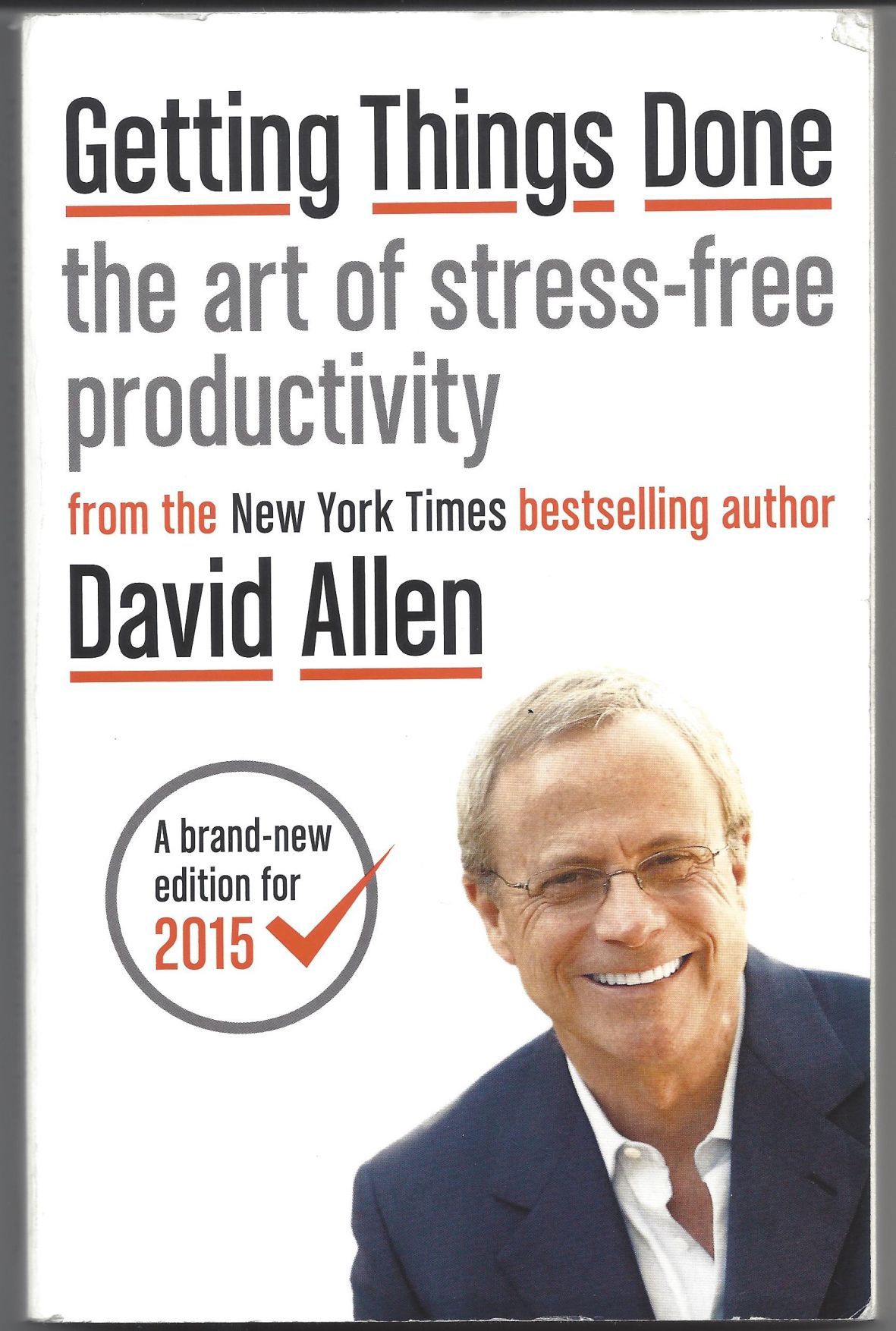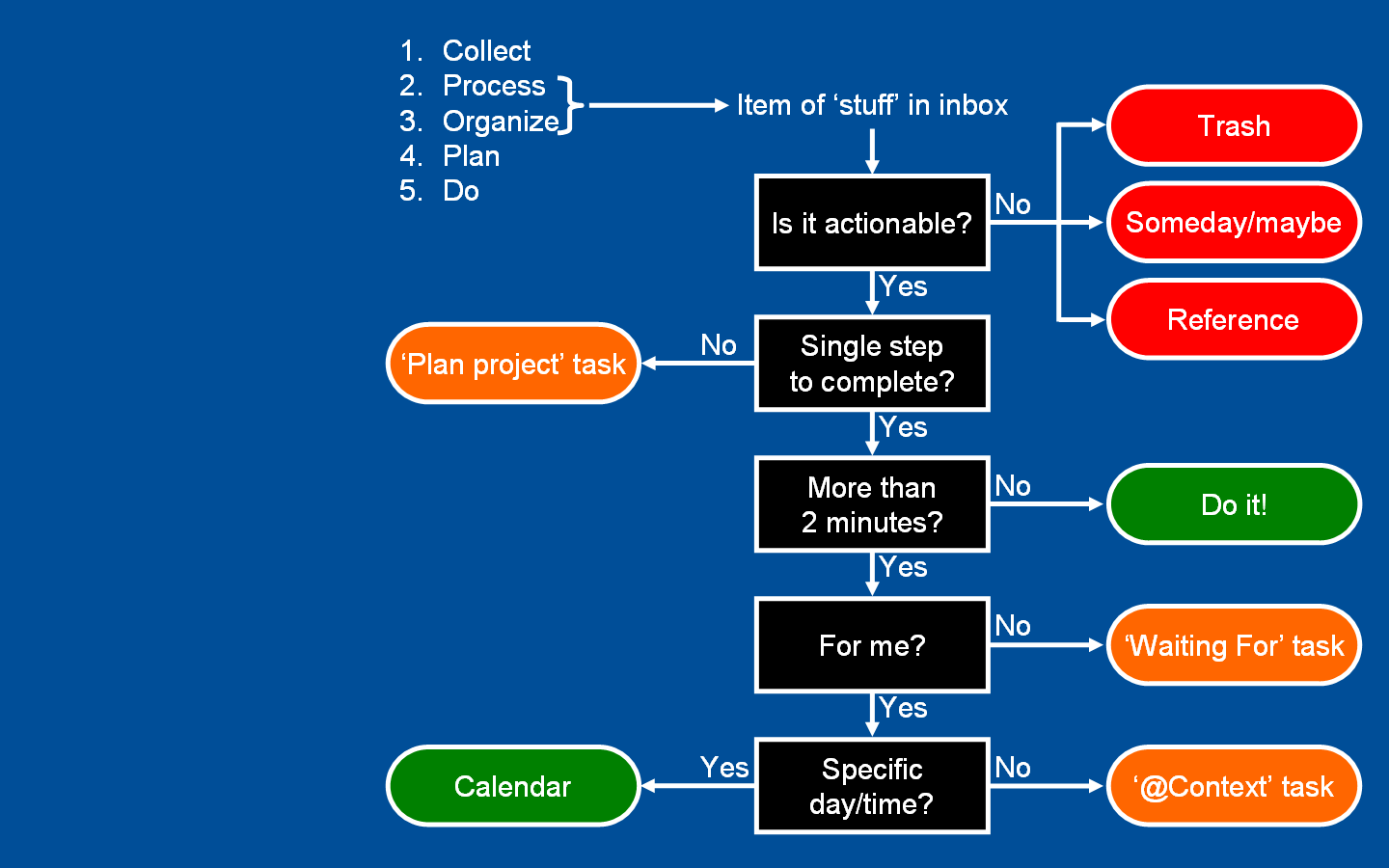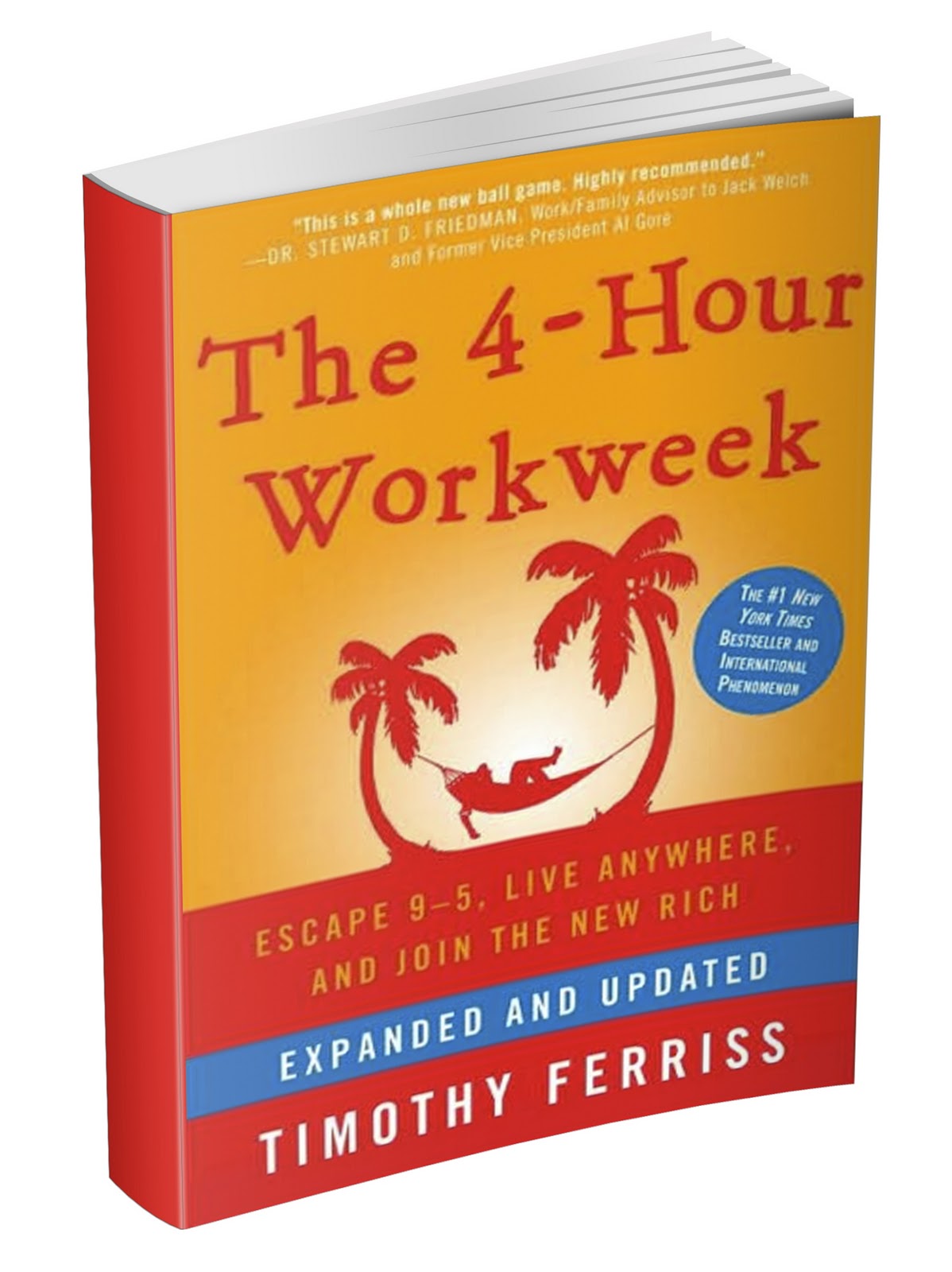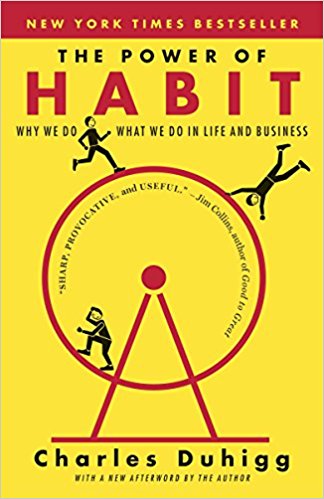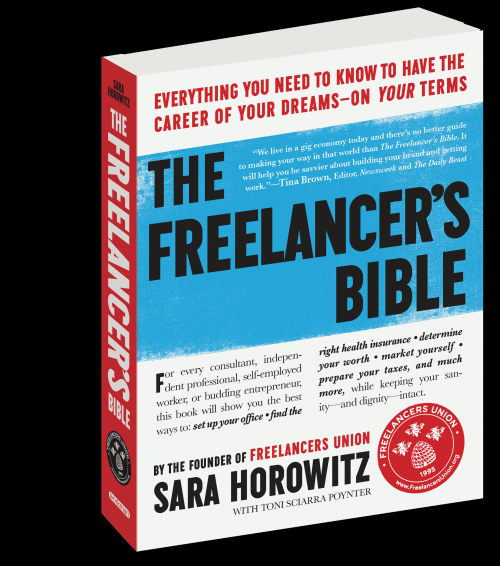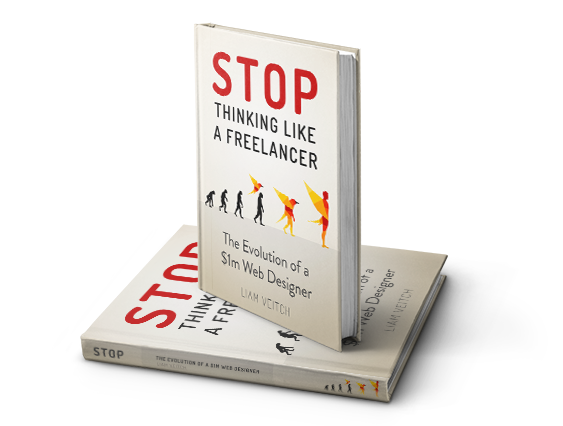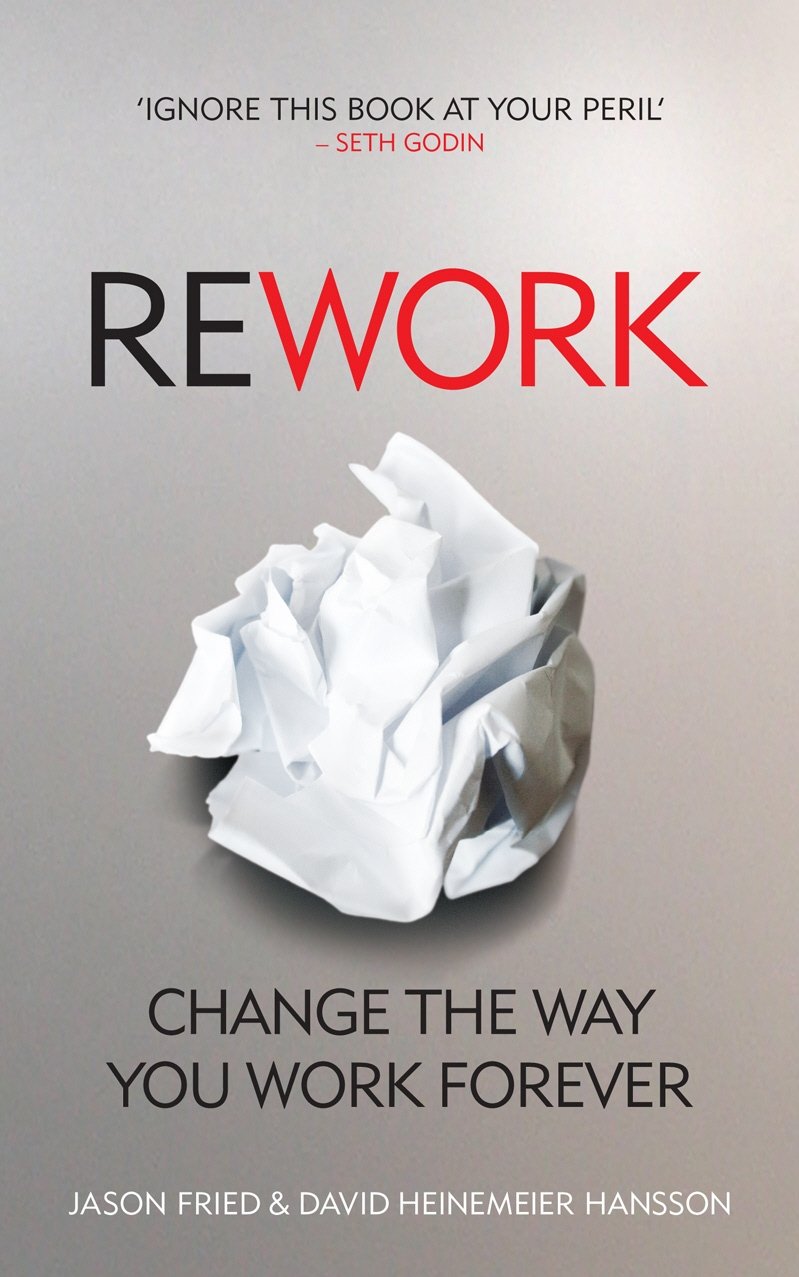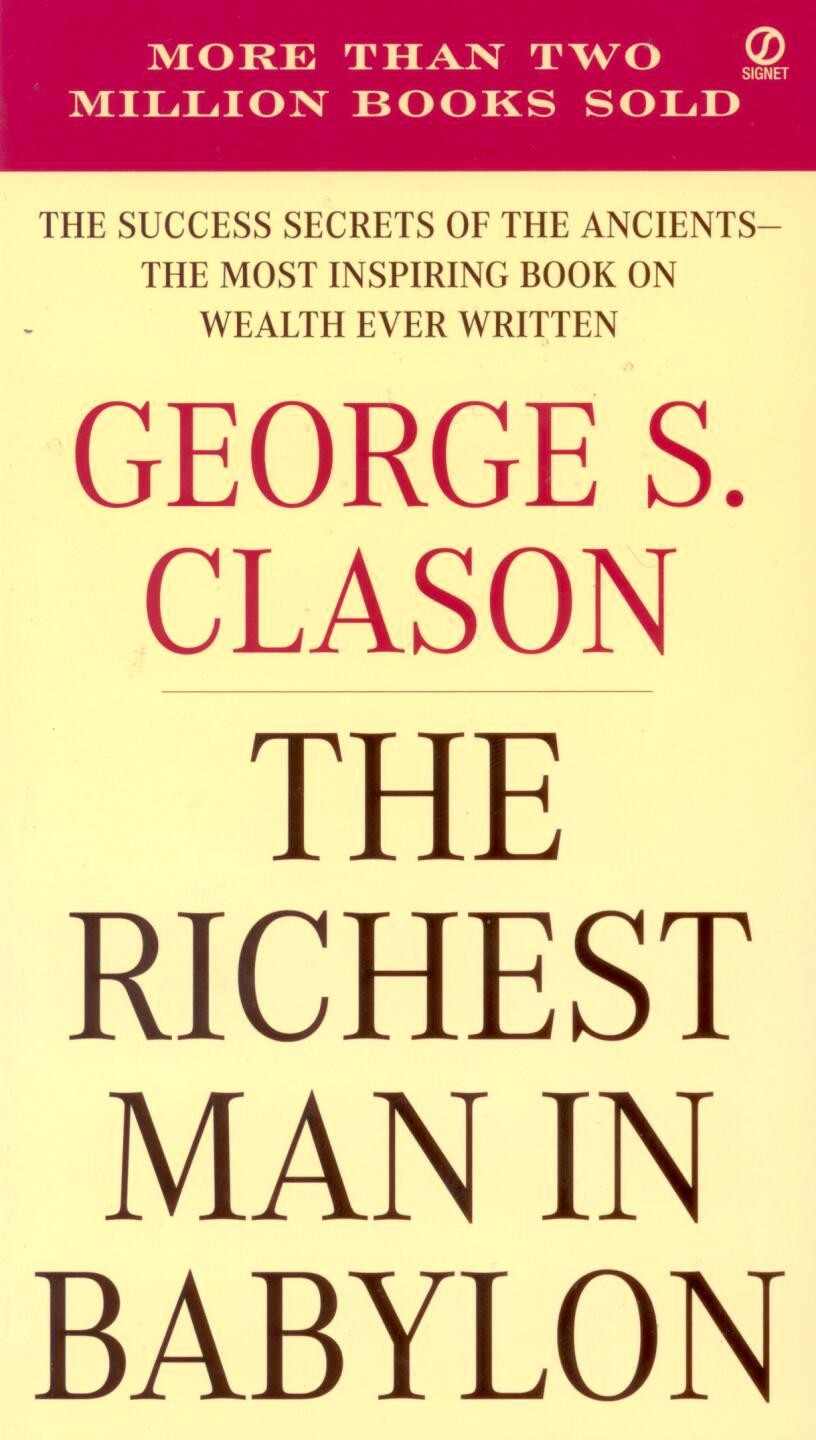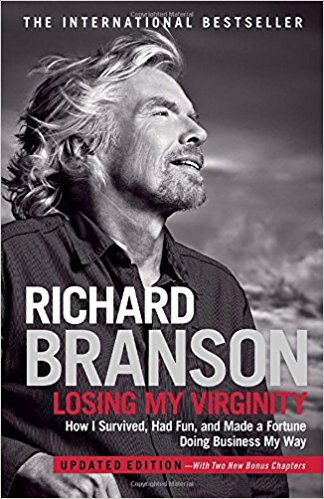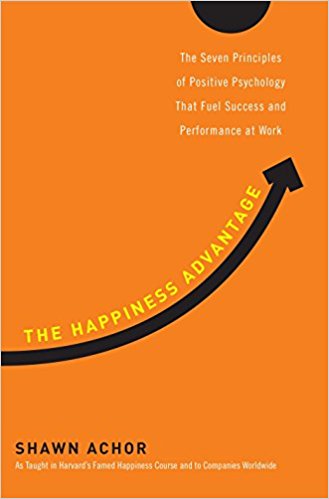Must-Read Books for Freelancers: From Classics to Modern Gems
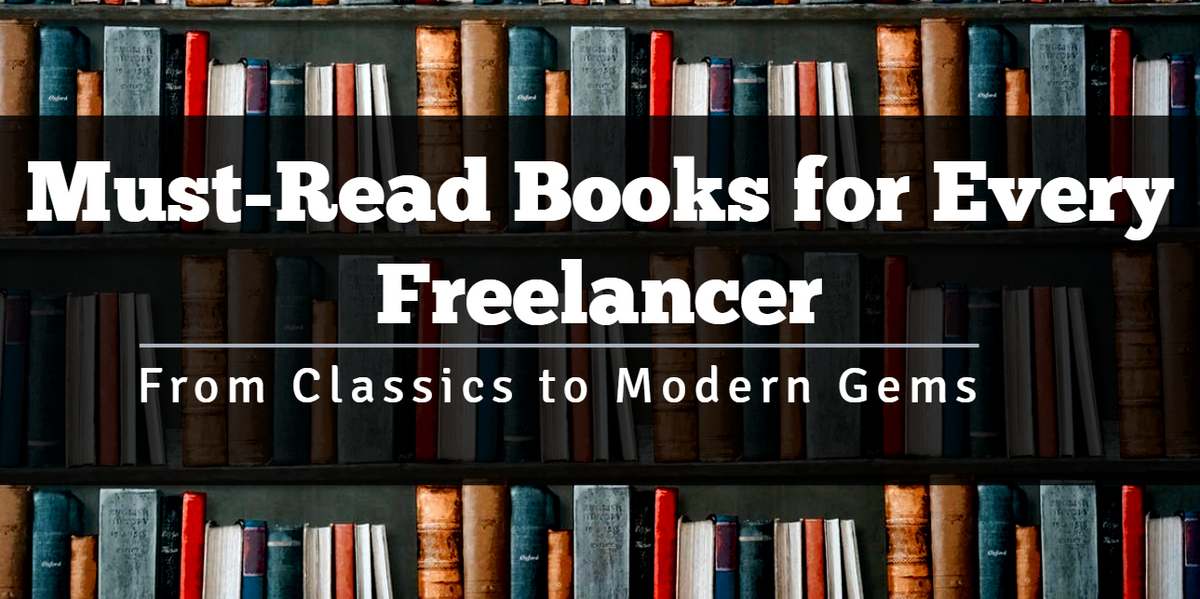
Freelancers are quite reading public. However, it’s not HOW MUCH your read, it’s WHAT you read and WHAT you get out of it. Here is the definitive list of books for freelancers.
Foreword
“Do not read, as children do, to amuse yourself, or like the ambitious, for the purpose of instruction. No, read in order to live.” Gustave Flaubert
There is no need in arguing about the importance of reading – not just for freelancers but for everyone. However, there are certain books for freelancers whose ideas and thoughts resonate with freelance work and the mindset of a freelancer more than others.
In this roundup here, we would like to present some of our choice picks – this is in no way an authoritative list that can’t be argued. Nevertheless, we hope that you will be able to appreciate the books we listed here and benefit from reading them, as millions of other freelancers did.
Must-Read Books for Every Freelancer: Screenshot Monitor Team Picks
For your convenience and various other reasons not worth going into, we split the list into three major parts:
- classics – the books that defined their era and continue to have a lasting influence on readers and general public even today. Must-reads
- modern gems – books that were quite successful on their release and contain some really original and fresh ideas
- worth mentioning – books that are not necessarily about freelance-related topics, but which may have a strong impact on the reader
Books for freelancers: Classics
“‘Classic’ – a book which people praise and don’t read.” Mark Twain
If you haven’t read some (or, dare we say, any) of the following books, please go ahead and do it to prove the famous writer wrong.
1. Dale Carnegie “How to Win Friends and Influence People” (Amazon link)
An all-time champion of social psychology, self-help, and human behavior books, this masterpiece almost single handedly set the template for all the self-help books to come.
Originally published in 1936, this book has since gone through multiple editions, the most recent being a 2011 “How to Win Friends and Influence People in the Digital Age” with additional content written by Dale Carnegie and Associates. That’s the one you should get.
Overview: the book teaches you how to effectively communicate with those around you (family, colleagues, friends, partners, clients, etc.) and win them to your way of thinking. Additional focus is given to the ways of winning new clients and handling issues with the existing ones. Great, descriptive examples proving every statement the book gives you.
Main takeaways: never criticize anybody, show your sincere appreciation of other people, be a good listener, make those around you feel important.
2. Robert Cialdini “Influence: The Psychology of Persuasion” (Amazon link)
Published in 1984, this book has since sold over 3 million copies and laid the foundation for modern marketing. More of a theory than a simple set of principles, “The Psychology of Persuasion” tries to analyze why people say “yes” and provides a great psychological explanation for that.
Overview: the book mainly focuses on six key principles that form the basis of persuasion – they are reciprocity, scarcity, authority, commitment and consistency, liking, and consensus. Not long ago, Robert Cialdini (the author of the book) proposed a seventh principle called “unity”. How does this all work together? Read the book to find out – it’s got awesome, practical examples and really clever insights.
Main takeaways: always provide a sample of your product/service; get people to commit to something (in oral or written form) to make them agree with you; provide social proof; perceived scarcity creates greater demand, and so on.
3. David Allen “Getting Things Done: The Art of Stress-Free Productivity” (Amazon link)
First released in 2001, this book revolutionized the way we go about productivity and took the whole “productivity” concept to the next level. The digital era was dawning, and it needed new methods and principles of self-organization, which David Allen’s masterpiece gave.
Overview: the book gives plenty of tips on planning, organizing, and managing your life – from daily, routine tasks to major goals. In fact, Allen has created a whole GTD (Getting Things Done) system with its own terms and definitions to help you set goals, optimize your workflow, and, generally, become more productive.
Main takeaways: divide your workflow into five stages: capture, clarify, organize, reflect, and engage; do your planning using the “Horizons of Focus” approach, which consists of 6 stages (from current actions (“ground”) to lifelong goals (“horizon 5”)).
4. Timothy Ferriss “The 4-Hour Workweek: Escape 9-5, Live Anywhere, and Join the New Rich” (Amazon link)
This book came out as a reaction to the increasing pressure of the digital era, that many people had already started to feel at the time.
Although undeniably catchy, the title is somewhat misleading – the author doesn’t give you a magic escape from your current routine. Instead, the book offers an alternative approach to handling your workload and proves that you don’t need to be a workaholic to get a lot of things done.
Overview: the book suggests you to trade a traditional, long-haul career for short periods of intensive activity that produce effective results. Also, it gives lots of tips on how to eliminate the non-essential elements in your work in order to concentrate on what’s more important.
Main takeaways: you don’t need to work hard to achieve great results; smart outsourcing may solve a lot of your organizational problems; no need to make and follow a life-time plan when the economy is unpredictable and the market changes too often with every other technological breakthrough.
5. Charles Duhigg “The Power of Habit: Why We Do What We Do in Life and Business”
One of the most discussed books of 2012 and a NYT bestseller, “The Power of Habit” discusses the nature of a habit itself, how to establish a habit or break one.
Overview: in this book, Charles Duhigg introduces the concept of “habit loop”, which is a neurological pattern that’s behind every habit we have. Understanding how “habit loop” works allows us to form good habits and drop the bad ones.
Main takeaways: identify your negative habits and replace them with the positive ones using the Golden Rule of Habit Change.
Modern Gems
Books that were released during the 2010s and managed to gain enough following to consider them gems. Freelancers can certainly benefit from the modern topics and techniques described in these books.
Sara Horowitz and Toni Sciarra Poynter “The Freelancer’s Bible: Everything You Need to Know to Have the Career of Your Dreams”, 2012 (Amazon link)
Indeed, a bible for freelancers, this book details all the essential ingredients for your success as a freelancer, even if you are just thinking about going freelance and haven’t started out yet. Complete with tons of tips, strategies, tactics, and simply amazing real-life examples, this book is a must-have for any freelancer out there.
Liam Veitch “Stop Thinking Like a Freelancer: The Evolution of a $1M Web Designer”, 2014 (Amazon link)
Describing his own successful example, the author shows how freelancing can be a fun and money-generating process at the same time. The book lays out key principles that can make any freelancer go from zero to hero.
Jason Fried, David Heinemeier Hansson “Rework”, 2010 (Amazon link)
The authors offer a new, lean approach to handling workload and going about your business, startup, or freelance career. Less meetings, planning, investor-seeking, and workaholism – more concentration on your own results produced on a daily basis.
Miscellaneous Books Worth Reading
Although not really meant strictly for freelancers, these books may provide you with a wealth of information and a healthy dose of thoughts to keep your mind focused and fill it up with new ideas.
George S. Clason “The Richest Man in Babylon”, 1926 (Amazon link)
A collection of short, fictional stories set in ancient Babylon – teaching (and somewhat preaching) you financial wisdom that’s still relevant today.
Richard Branson “Losing My Virginity: How I Survived, Had Fun, and Made a Fortune Doing Business My Way”, 2011 (Amazon link)
A quite revealing autobiography of one of the most charismatic entrepreneurs of our time.
Shawn Achor “The Happiness Advantage: The Seven Principles of Positive Psychology That Fuel Success and Performance at Work”, 2010 (Amazon link)
Working hard doesn’t make you successful. Doing what you love, on the other hand, does. How to marry your “wants” and your “needs” in a happy union is what this book is about.
Conclusion
Thanks for making it to the bottom of today’s “Must-Read Books for Freelancers: From Classics to Modern Gems” article! The amount of wisdom contained herein is truly shocking and certainly overwhelming.
However, here is another thing that might make your life as a freelancer a bit easier and more productive – an online time-tracking tool with no-frills functionality, clean interface, and it’s free! Be sure to check it out right here.
